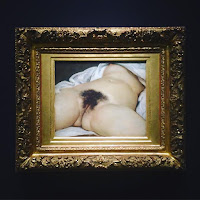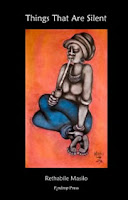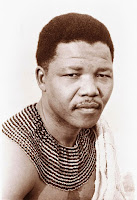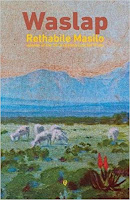Family, a poem by Rethabile Masilo project
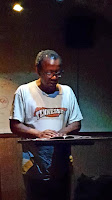
I am a black woman with straight hair trying, I am my brother�s sister with a fist up. He is my brother with his fro down; the only ones in this room of the world with regret? I will not forget how our mother pulled a heated iron comb through her hair, taking out the kinks that used to adorn heads of queens and kings, with the hope of ironing out her life. I am a sister with straight hair trying to survive. My father ran the hundred meters and was first, he picked the shotput of his life in his hands, like a pumpkin, and lifted it to his shoulder, all the while saying nothing. That night we would eat. I�m a black woman with straight hair trying. He never said anything when the Englishman looked down on him on the street or at work, he would type letters, write articles for the office and classify them in the right places, as all the time he swallowed his bile to place later at the bottom of the stack but in a separate file. My siblings have kinks in their hair, hard

